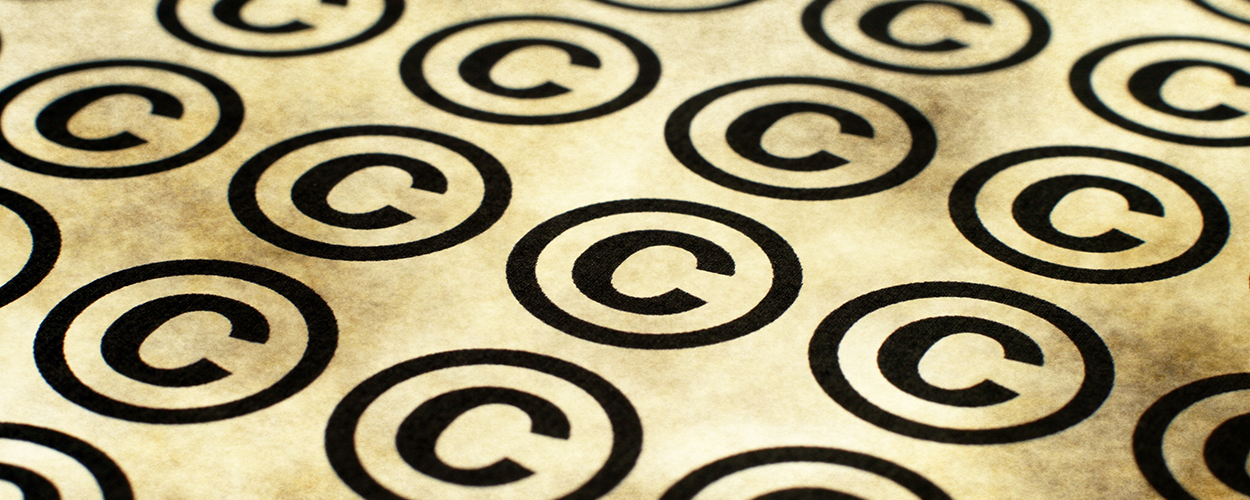This website uses cookies so that we can provide you with the best user experience possible. Cookie information is stored in your browser and performs functions such as recognising you when you return to our website and helping our team to understand which sections of the website you find most interesting and useful.
Business News Labels & Publishers Legal
We Shall Overcome publisher handed $352,000 legal bill after song declared public domain
By Chris Cooke | Published on Thursday 2 August 2018

The company that claimed to own the copyright in the song ‘We Shall Overcome’ has been handed a legal bill of $352,000 after conceding earlier this year that the work was, in fact, public domain under American copyright law.
A lawsuit was filed over the copyright status of the famous protest song back in April 2016. The people behind the lawsuit argued that the piece was no longer protected by copyright in the US, and in a bid to prove that fact they hired the lawyers who previously successfully argued that ‘Happy Birthday’ was also out of copyright in the States.
Music publisher Ludlow Music – which registered ‘We Shall Overcome’ with the US Copyright Office in the early 1960s – reckoned that the work was still in copyright.
However, after lots of debate about the different versions of the work and what that might mean for its copyright status, in January Ludlow Music reached a settlement with the plaintiffs in the case. As part of that settlement it declared that both the melody and lyrics of ‘We Shall Overcome’ are “hereafter dedicated to the public domain”. Which means third parties wishing to make use of the work in the US no longer require a licence or need to pay any royalties.
Since that settlement, there has been a further dispute over whether or not Ludlow should cover the other side’s legal fees. According to Law360, earlier this week judge Denise Cote decided that they should. Her reasoning was interesting. She conceded that Ludlow’s defence wasn’t, in the main, “objectively unreasonable”. An unreasonable defence would usually prompt a judge to award the winning side their legal costs in cases like this in America.
However, Cote said that she felt the plaintiffs should still have their legal costs covered to reward them for enabling public access to “an American treasure”. The judge stated: “The degree to which plaintiffs succeeded in this litigation, and the inestimable benefit they have conferred on the public through doing so, renders this the type of lawsuit that should be encouraged in order to promote the purposes of the Copyright Act”.
Given Ludlow has previously noted that an educational charity was the main beneficiary of royalties generated by the ‘We Shall Overcome’ copyright, it presumably won’t be impressed with being faced with the $352,000 legal bill. Though it is considerably less than the $1.1 million in legal fees the plaintiffs had wanted the music publisher to reimburse.





